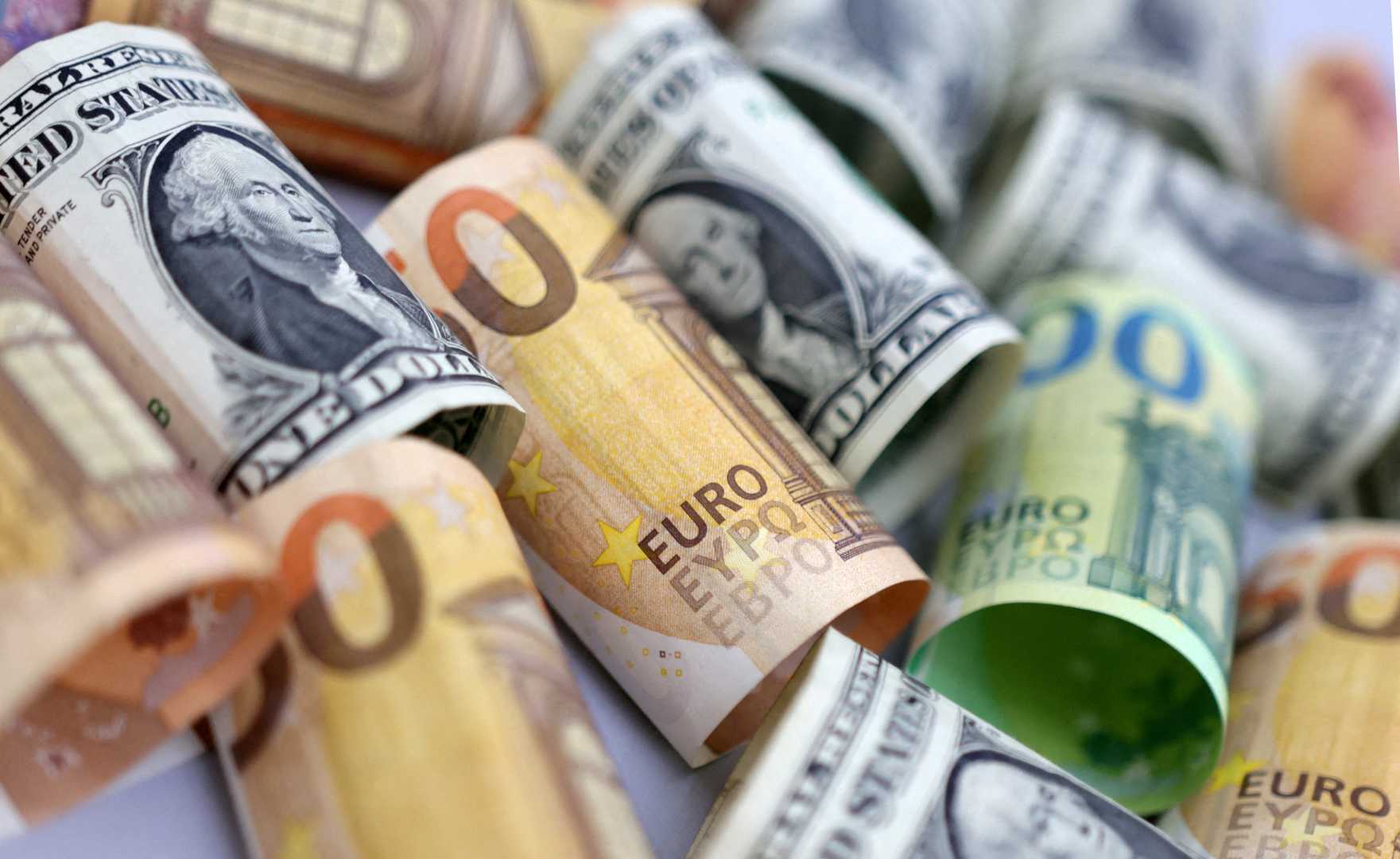Business
Dollar Drops After Hitting Multi-Week Highs Amid Inflation Concerns

NEW YORK, NY — The U.S. dollar slipped against the euro and yen on Wednesday after reaching multi-week highs the day before. Investors are anticipating producer price data later in the session for insights into potential inflation driven by tariffs.
On Tuesday, new data revealed substantial price increases that boosted the dollar and drove U.S. interest rates higher. Analysts noted that investors are currently pricing in 44 basis points worth of Federal Reserve easing by December, a decrease from 50 basis points earlier in the week.
“Higher tariff-related goods inflation justifies the Fed’s more cautious stance, while continued disinflation across services categories should support rate cuts in September and beyond,” said Tiffany Wilding, an economist at PIMCO.
The market’s attention is now directed toward the U.S. producer price data expected to be released later today, which may show if price pressures are escalating. The greenback was down 0.1% at 148.65 against the yen after hitting a peak of 149.19, the highest mark in three-and-a-half months.
In Europe, the euro ended a five-day losing streak, rising 0.14% to $1.1616. Investors are closely monitoring tariff negotiations, with expectations that trade duties could average between 10% and 15%. EU trade chief Maroš Šefčovič is currently traveling.
Some analysts warned that persistent 30% U.S. tariffs could lead investors to expect additional rate cuts from the European Central Bank, potentially by another 25 basis points. The dollar also fell 0.10% against a basket of currencies, hitting a value of 98.54, down from a recent high of 98.699 on Tuesday.
“Barring a recession, we anticipate core goods inflation will continue to rise in the coming months, but not to a level that would stop the Fed from resuming its easing cycle later this year,” stated Frederik Ducrozet, head of macroeconomic research at Pictet Wealth Management.
Concerns are growing about whetherFed Chair Jerome Powell’s potential successor might be more inclined to lower interest rates. Former President Donald Trump has criticized Powell for not easing rates and suggested that cost overruns on a $2.5 billion Fed project could warrant his removal.
“Trump’s attacks on the Fed’s independence will likely continue,” noted Michael Pfister, a forex analyst at Commerzbank. “A 25-basis-point cut will not satisfy him as he demands rates to be lowered by 300 basis points. Therefore, the current recovery of the U.S. dollar might not be sustainable,” he added.
In global trade news, Indonesia reached a deal with the United States after difficult negotiations that lowered proposed U.S. tariff rates on Indonesian goods from 32% to 19%.












